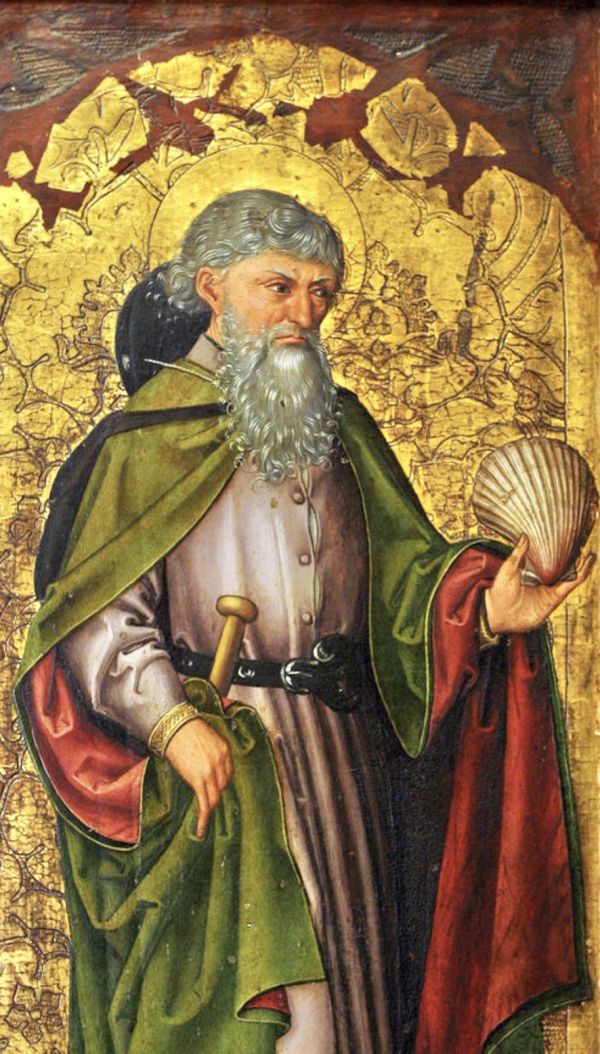(Mt 20:17-28)
The Roman Empire subjugated the Mediterranean basin with the strength of the Legions.
Through a large base of slaves and tributes, it concentrated titles and wealth in the hands of small circles - with abuse of power and coercion.
The new Kingdom must be the seed of an alternative society.
The pivot will be to regain a kind of synthesis of Jesus' life in order to make it one's own, as expressed in v.28.
Three titles are enunciated here that gave rise to Christology:
«Son of man» is the One who manifested man in the divine condition: fullness of humanity that reflects and reveals the very intimate life of God.
Figure of an accessible and transmissible "holiness", fully embodied - day-to-day even.
Son of man is in fact the authentic and full development of the person according to the active Dream of the Father, which sweeps away the obsessive "yoke" of the common religion - expanding life (and the ego boundaries).
In adhering to the «Son of man» we are introduced as protagonists into salvation history.
Collaborators in the apex of Creation - that is, in the process of love. And we are detached from the pre-human of competitions [a warlike condition for supremacy’s desire].
«Servant» of Yahweh: Righteous who suffers pains of Love, to save us - an icon of the subdued and wise strength of the Father who through his sons expresses himself not as a conqueror, but as a meek lamb.
Sacrificial icon - in the ancient sense of «sacrum facere», to make Sacred - to revive a people unable to go to God through their brothers.
In Judaism, the ‘death of the righteous’ - even in the legal dimension of the Torah - was equal to a ransom, already understood as reparation-atonement for the multitude (v.28) of the guilty (cf. Is 53:11-12).
In Christ the vicarious mechanism vanishes: the Father sends the Son not as an external or propitiatory victim, necessary and predestined, but to make us reflect, first step in humanization.
Thus recovering the dimension of awareness and Communion [conviviality of differences].
Hence: the only title of "pre-eminence" remains that of «Go'el»: making oneself (each) «close relative» who takes on all debt for the ransom of others, for the restoration of personal dignity - and total self-possession.
Full brotherhood with women and men of all conditions: should be the growing programme of the Apostle.
Despite the disproportion, only this reversal of the Face is at the center of history and doesn’t lower God to the level of banal ‘domination’.
Turning and Freedom that becomes a permanent program of effective solidarity, and stimulates fervor.
Determining Principle of the new Kingdom, where ambitions are not chased.
Rather, the Master’s fate is shared, that is, «drinking the same Chalice» (vv. 22-23) and the destiny of others’ fulfillment; even paradoxical.
In Christ, the Church-Family people proceed towards Jerusalem, without merits or functions that claim a right - but with the keys of ‘life’.
This is how we concretely find ourselves «on the right and left» (vv. 21.23) of the royal Crucified One - and in mystical Union with the wounded Risen One.
By ascending together.
[St James the Apostle, July 25]












